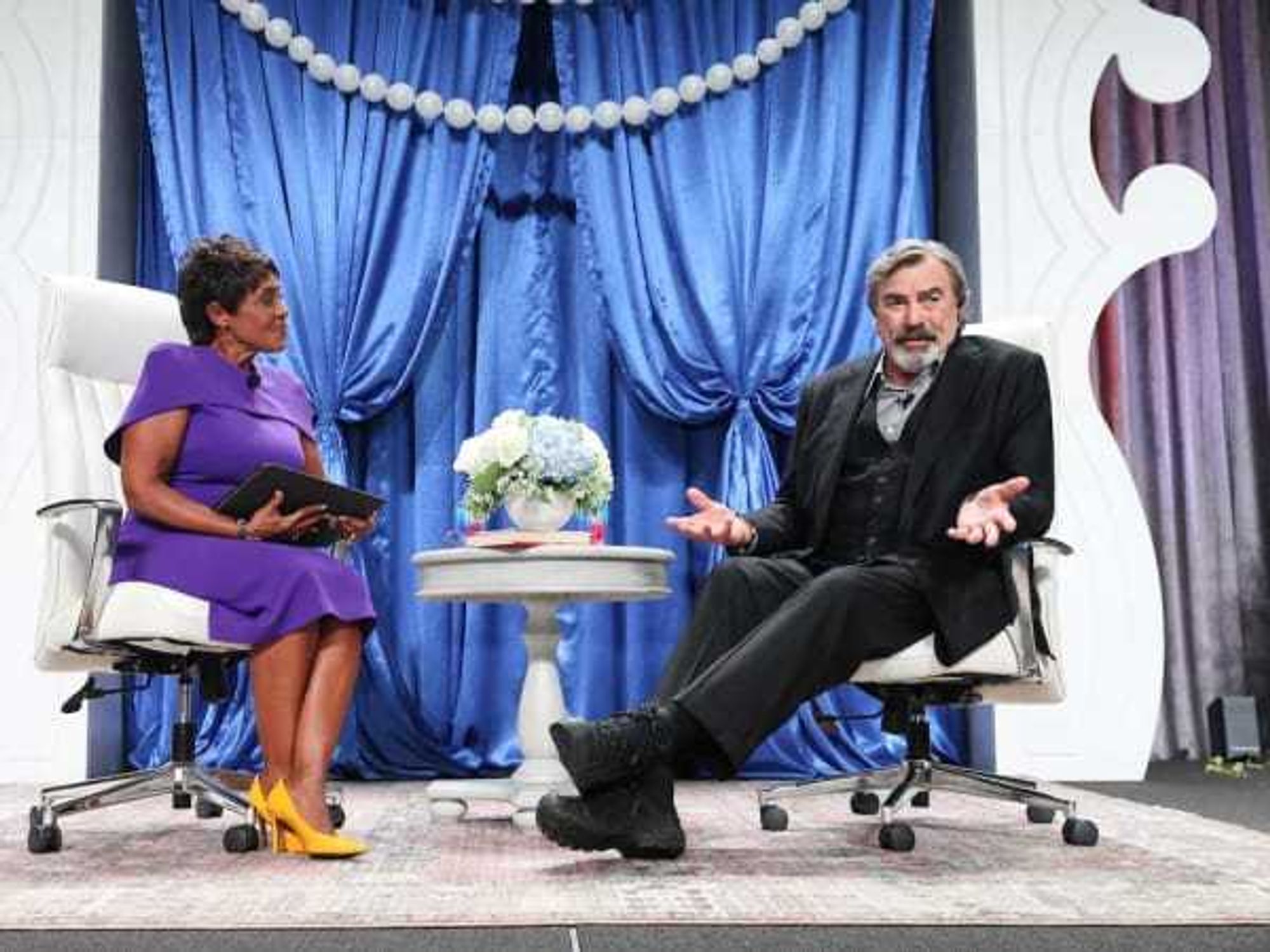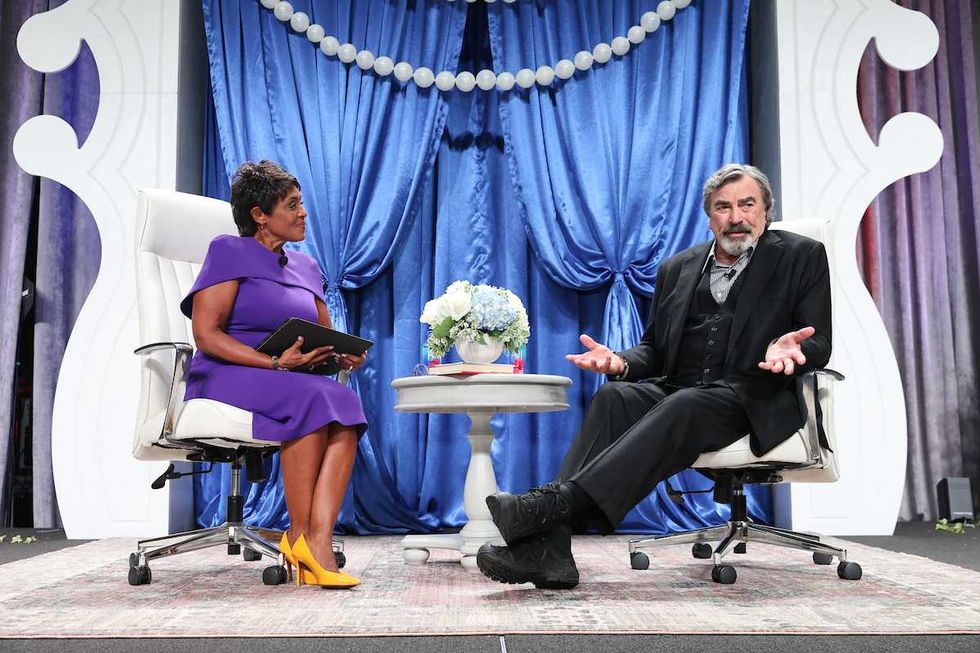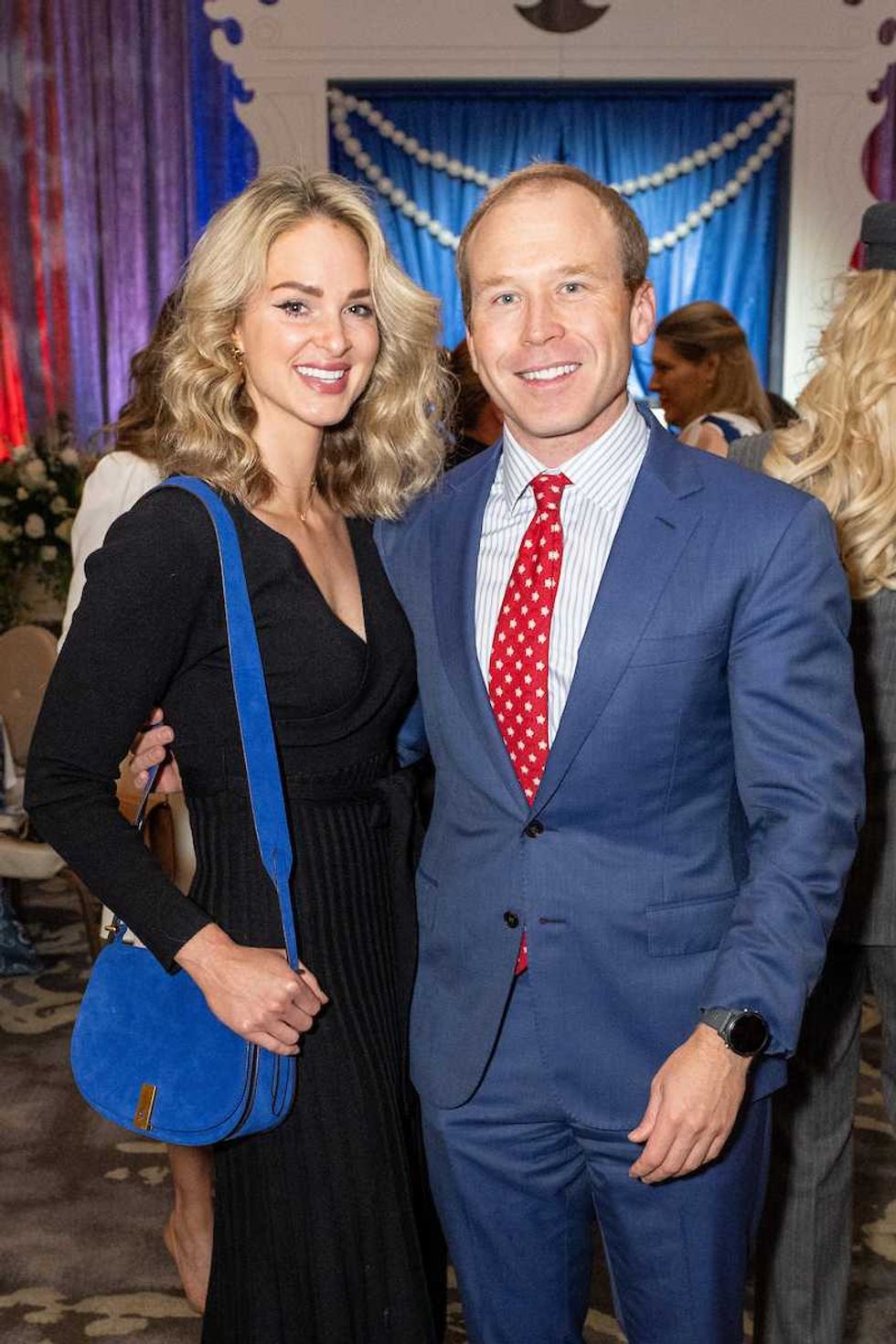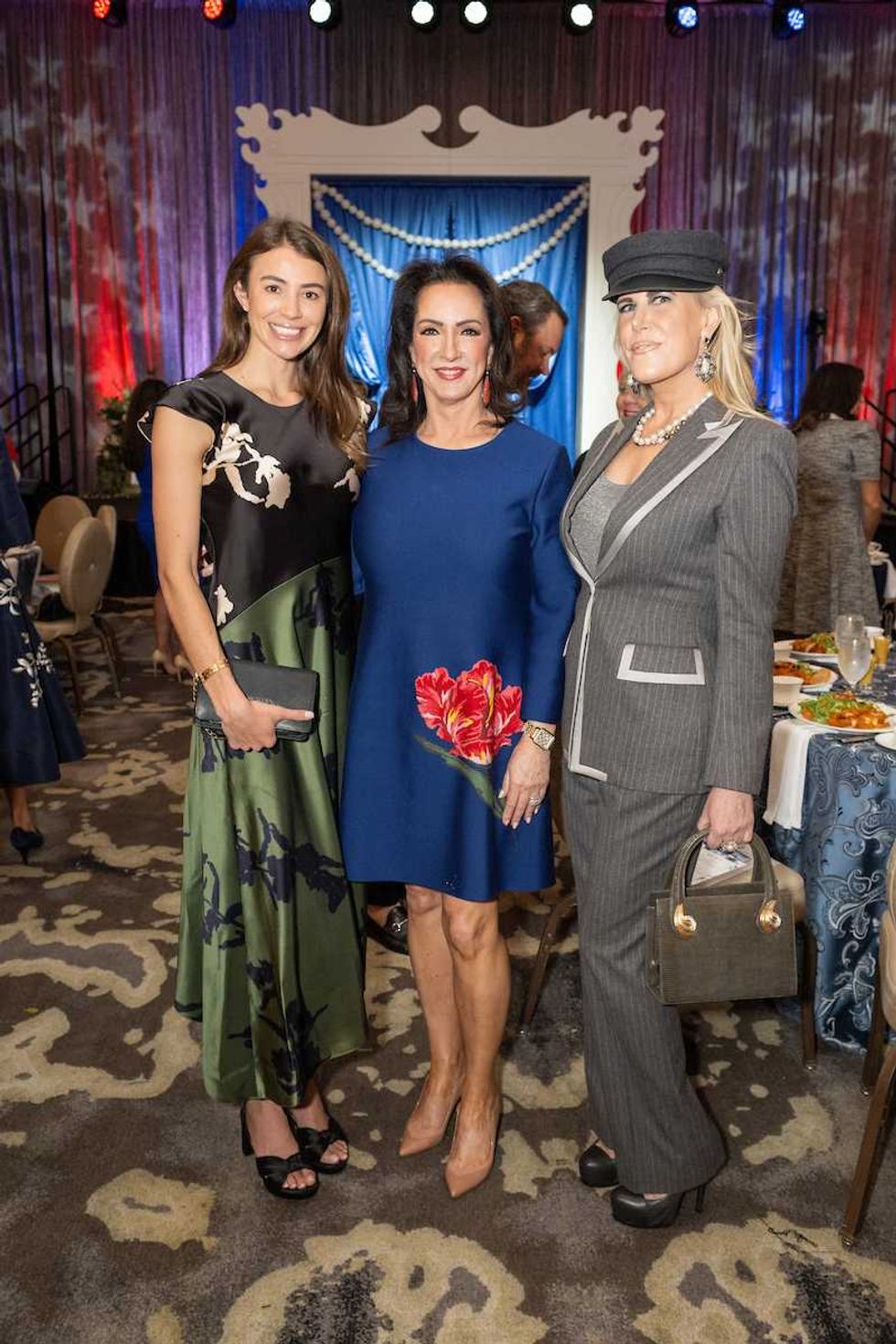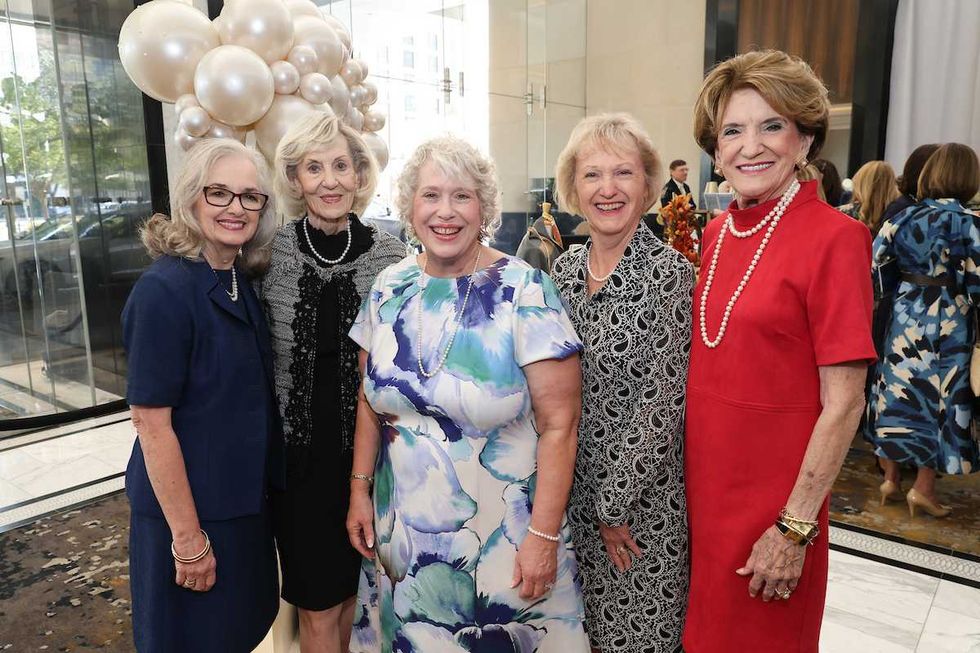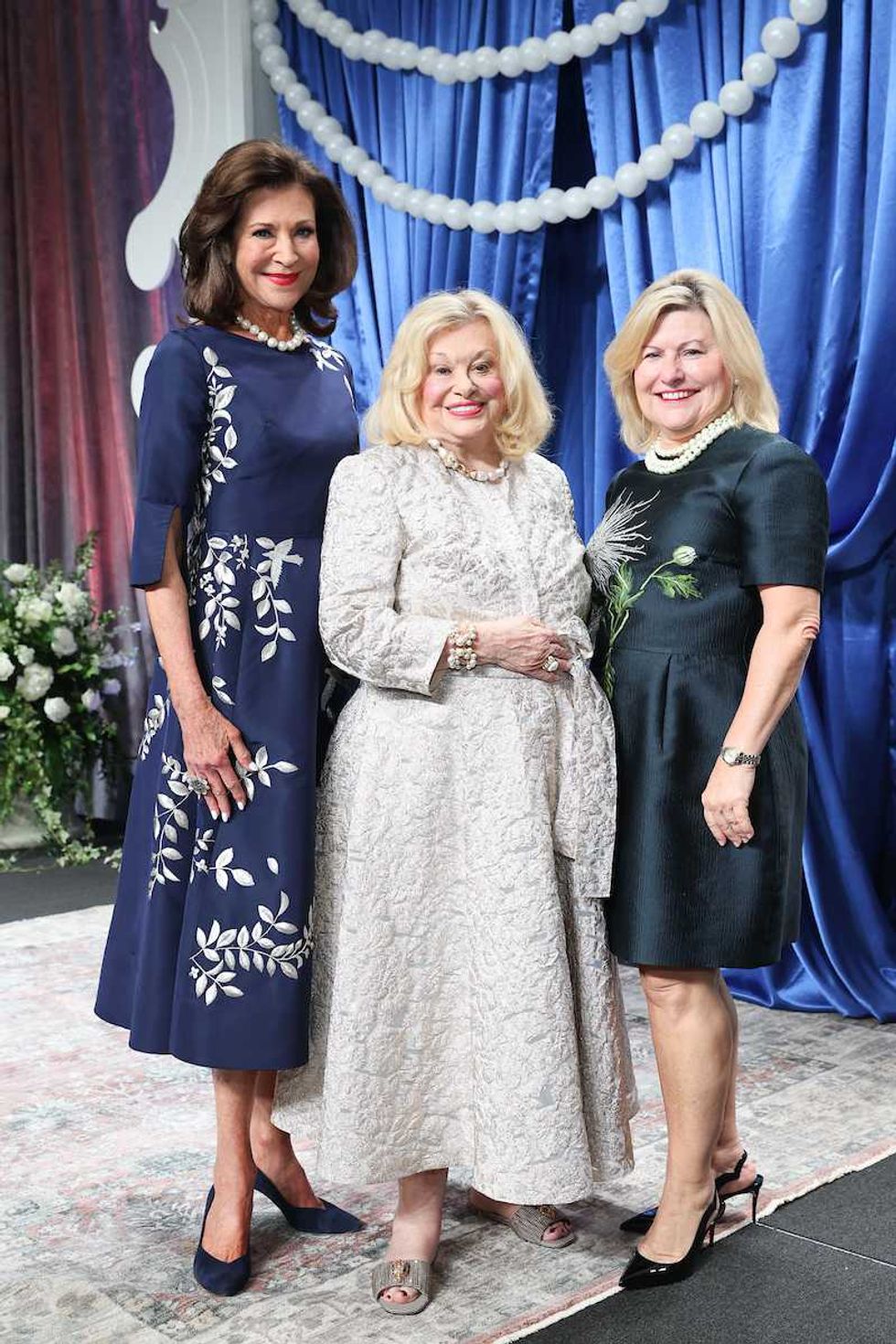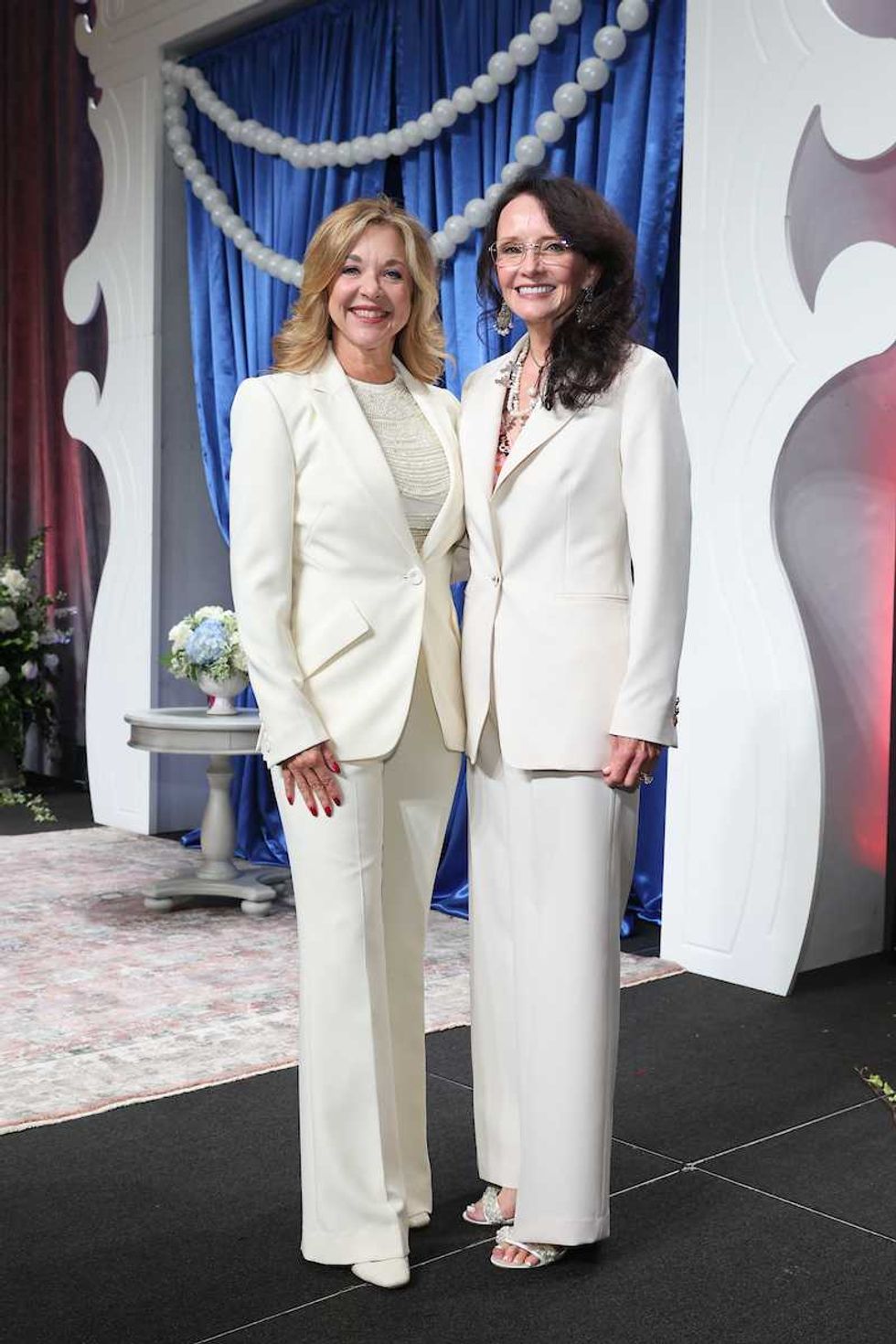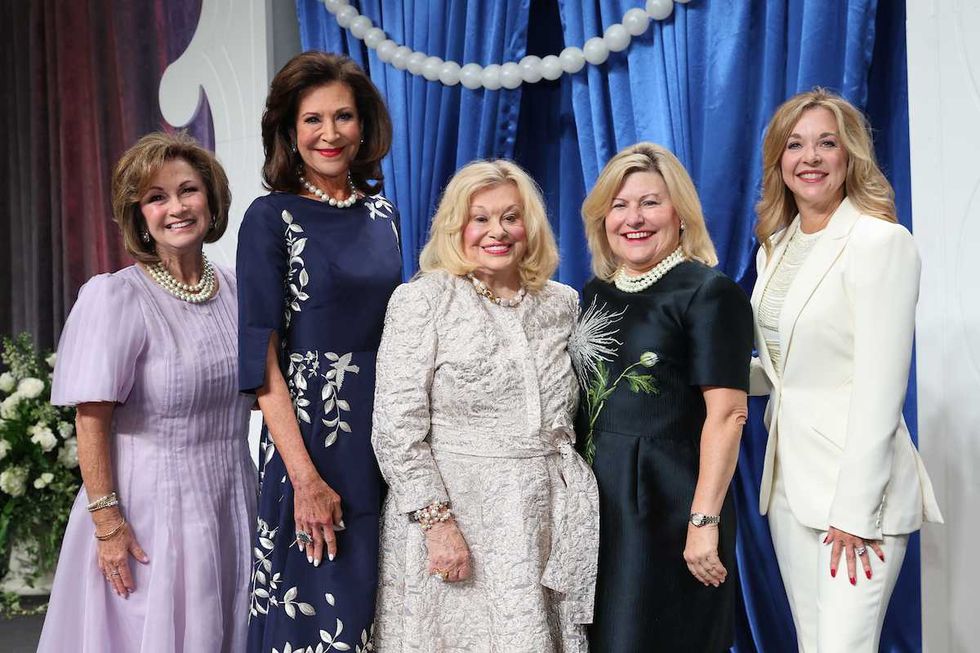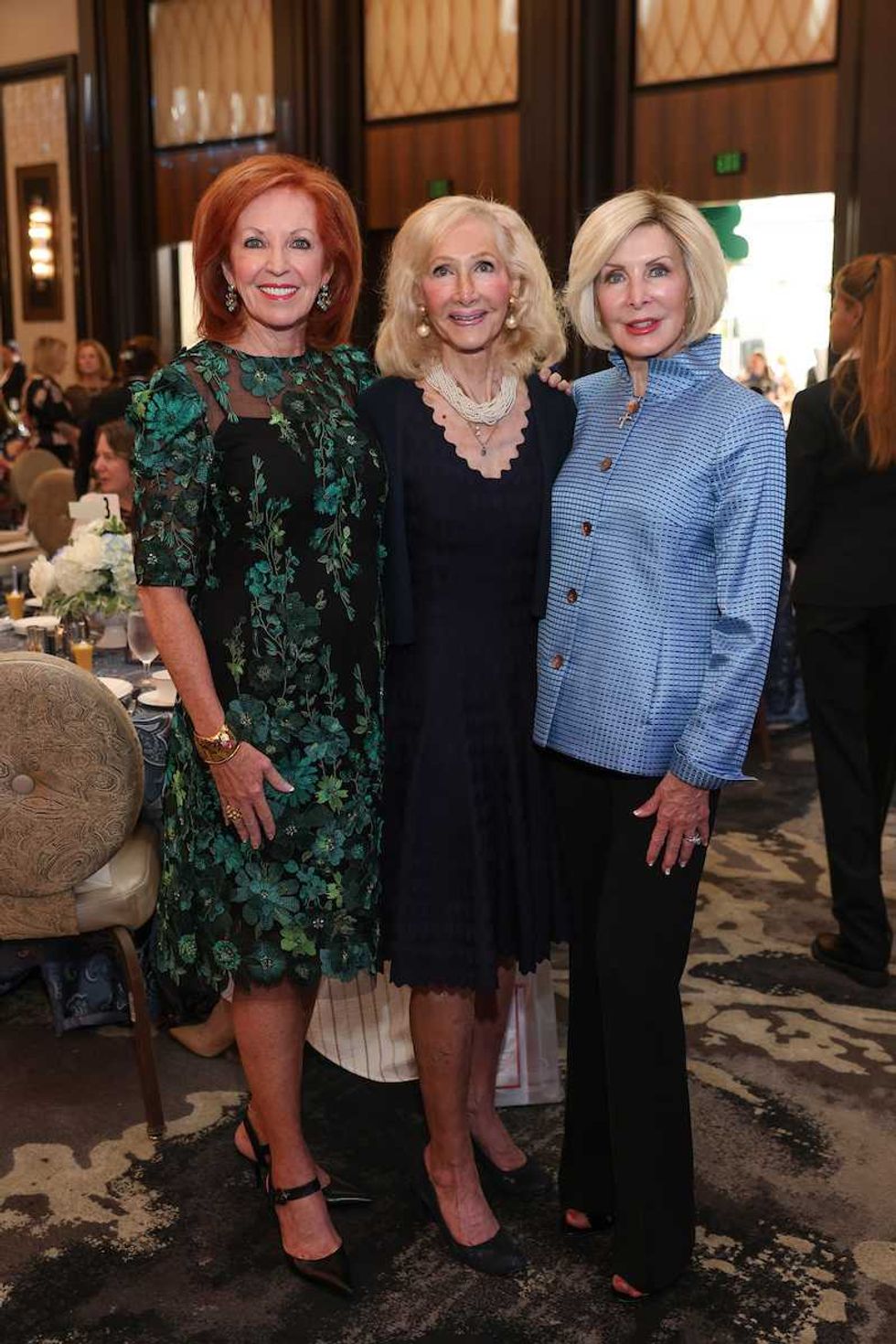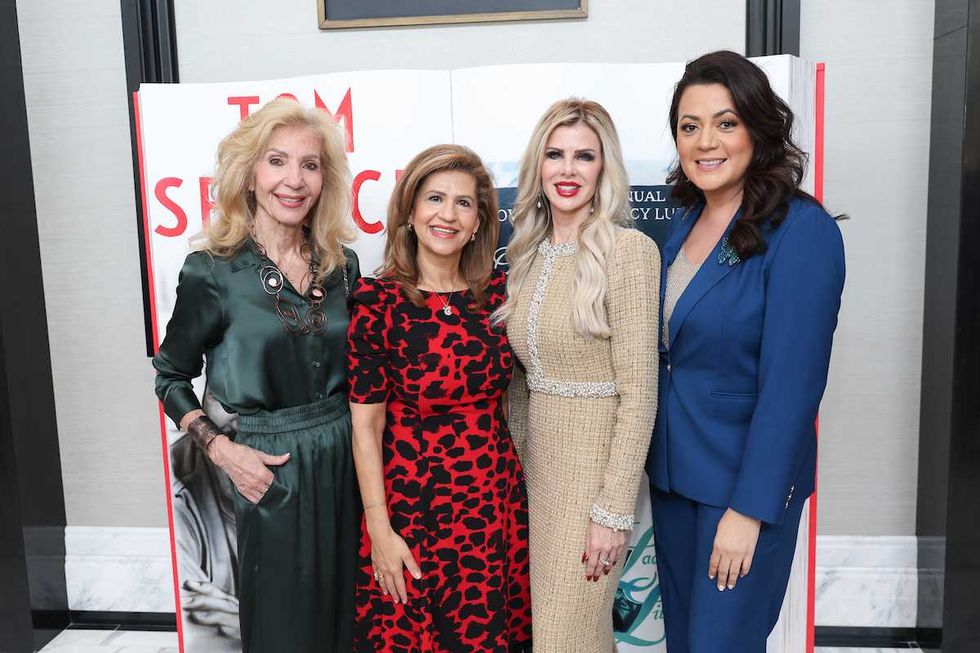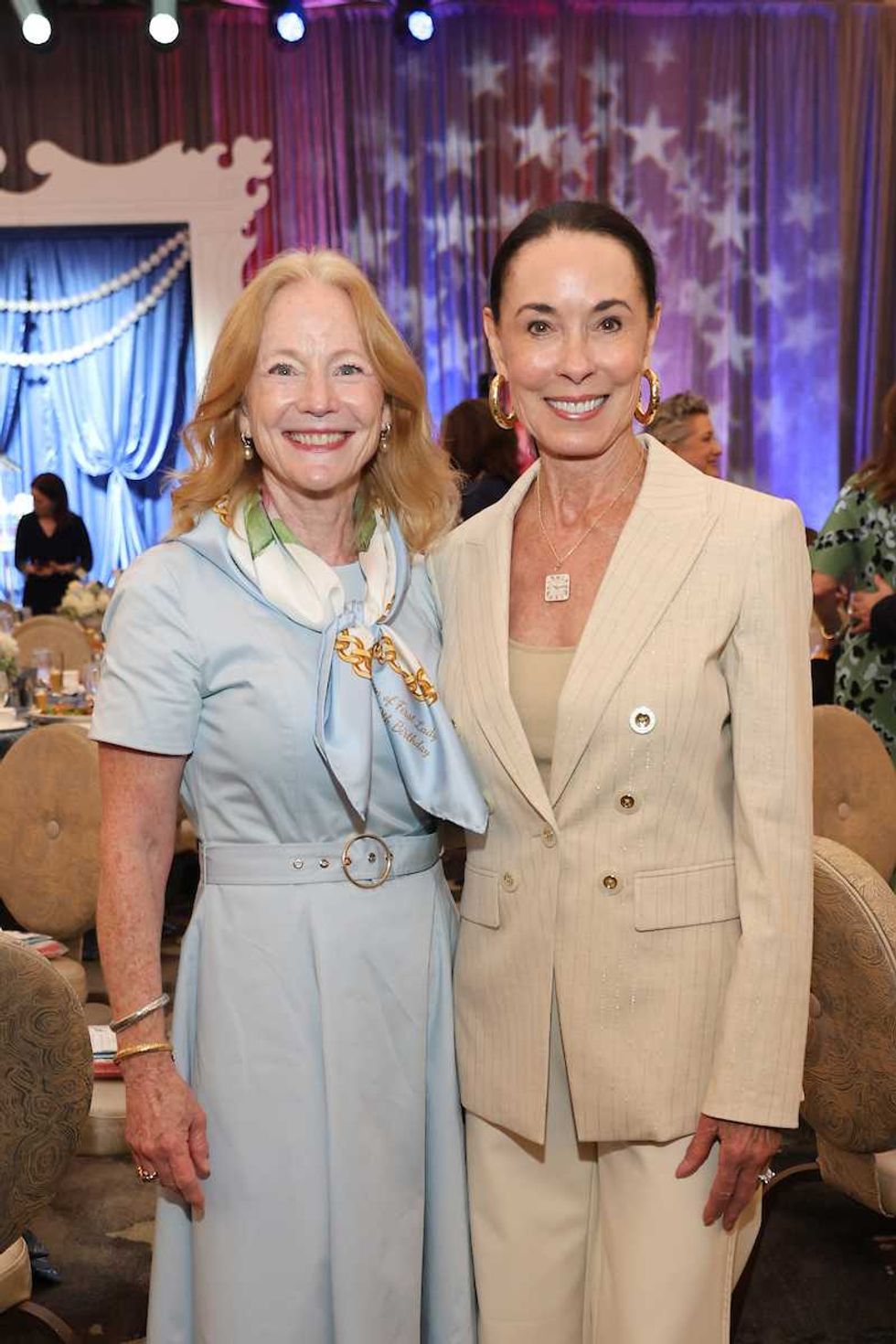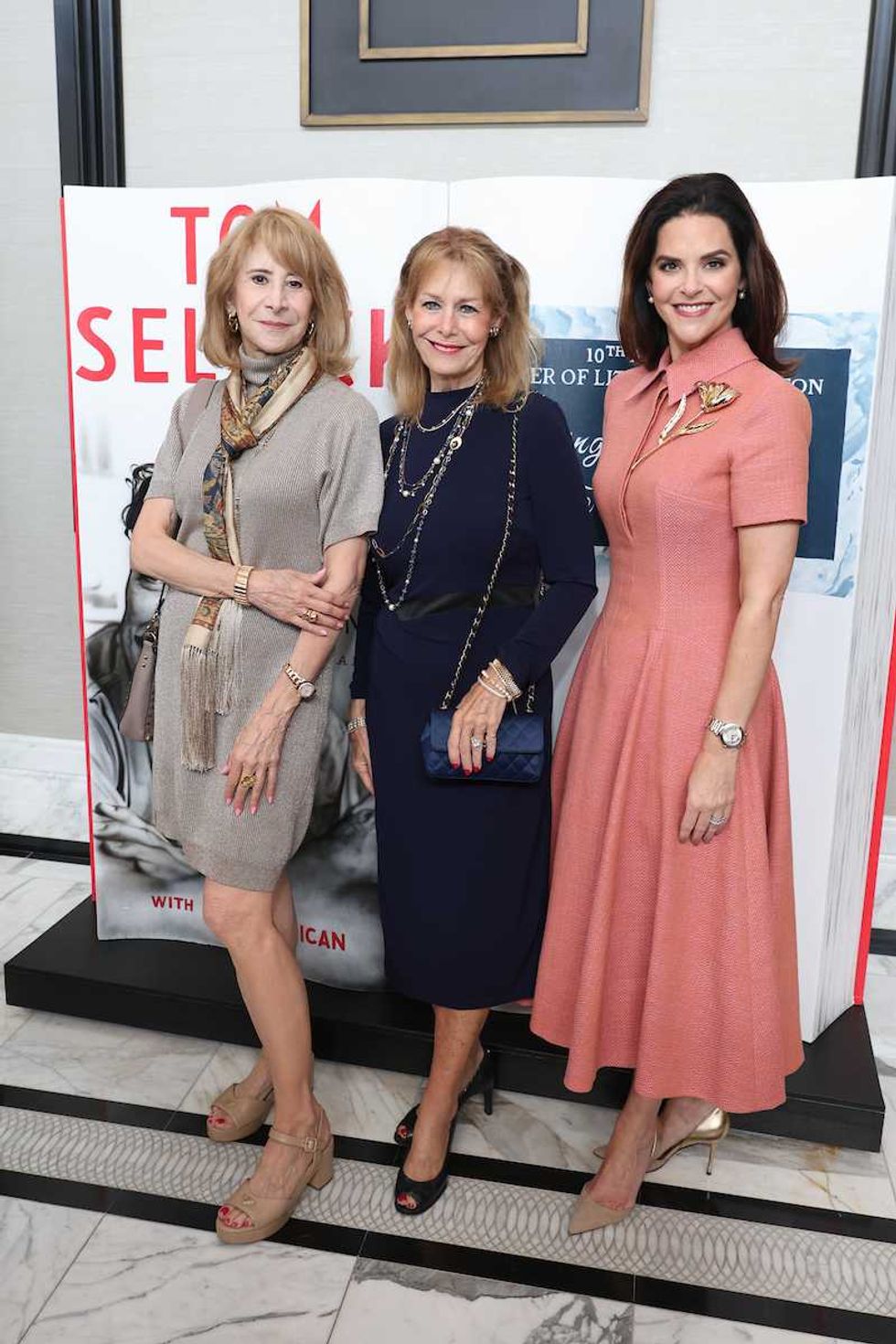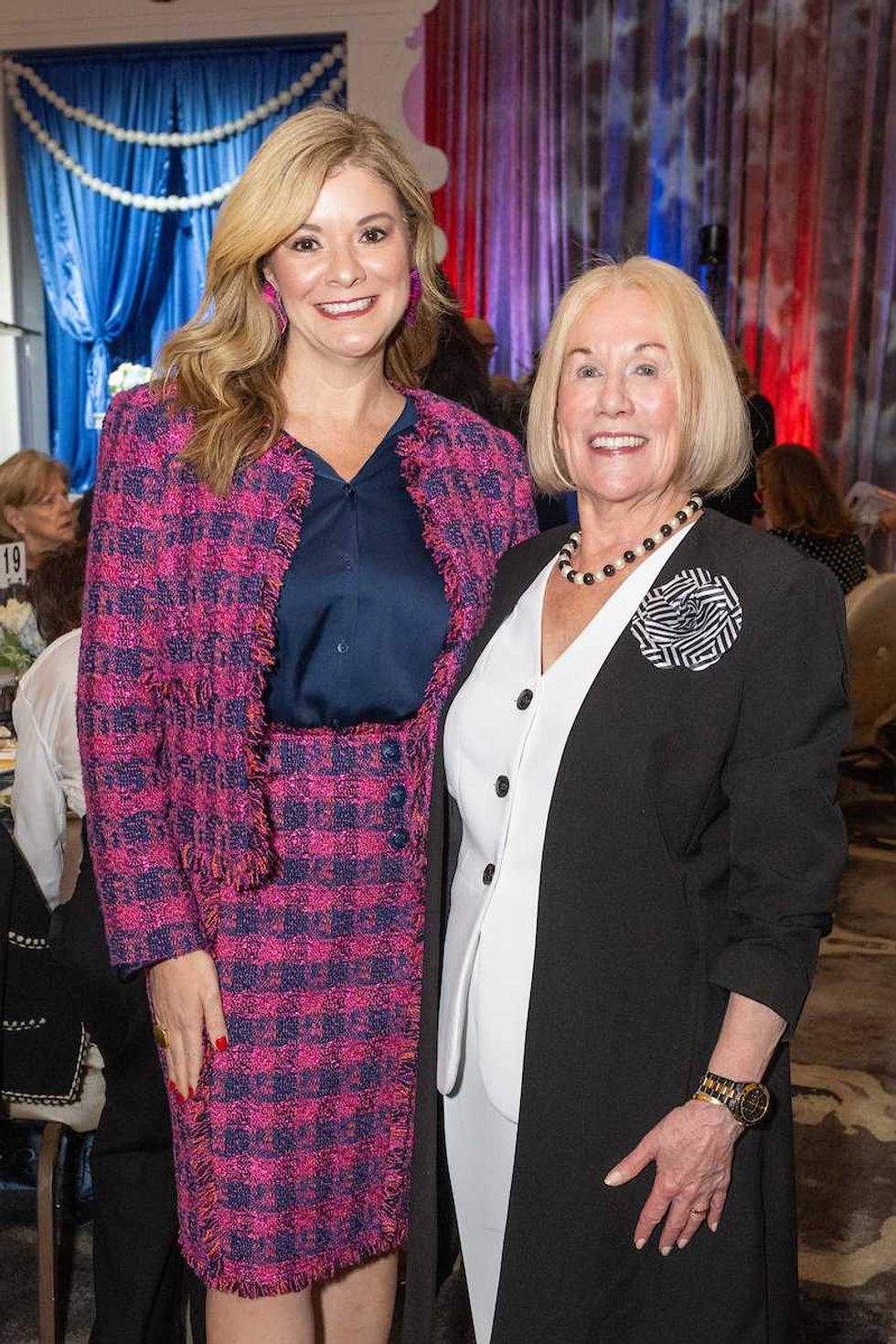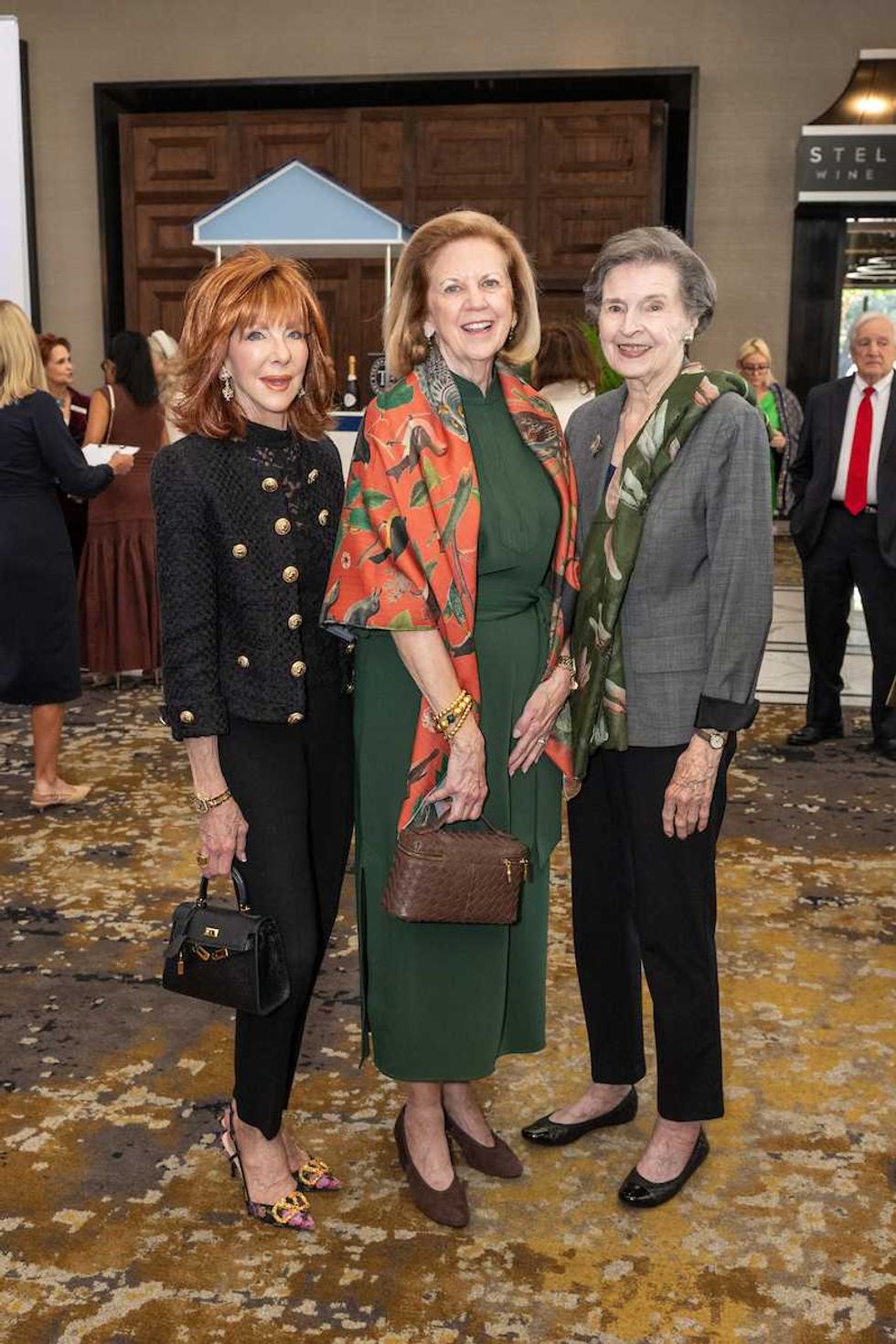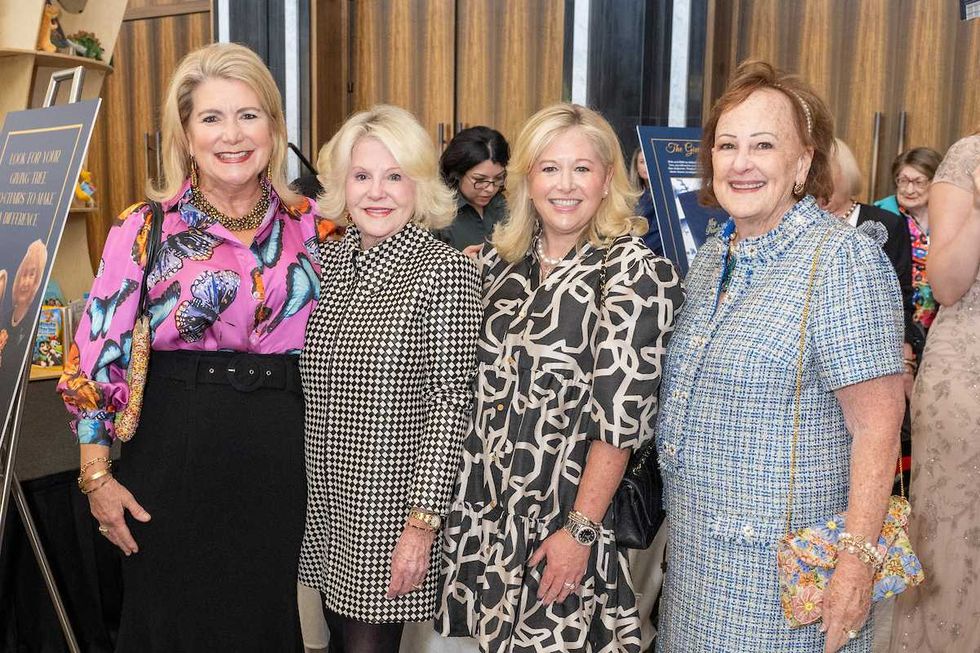5 tips + 1 bonus
Quit the worrying: Foolproof ways to take the stress out of your wonderful wedding
Planning that perfect wedding can be one of the most stressful experience of a couple’s life. To help alleviate some of that pressure for perfection, CultureMap talked to a wedding coordinator at a prominent church in downtown Houston. She asked to remain anonymous so she could tell us the inside stories on some of the hundreds of weddings she’s supervised over the years, so we’ll just call her Mary.
Of all the traditions and superstitions people adhere to, the one Mary wishes couples would ignore is the idea it’s bad luck for the groom to see the bride before the wedding.
From her tales of some of her favorite weddings and what made them so meaningful, we’ve compiled five tips (plus one bonus) to make your wedding as stress-free as possible.
Don’t sweat the small stuff
Unless a couple chooses some exotic location that’s never hosted a wedding before, they usually don’t need to worry about the logistics of the ceremony. There’s a myriad of small details to be thought about during the ceremony, but the bride and groom should not be the ones worrying about them.
"We take care of the mechanics, and they don’t have to think,” says Mary. “I always say just leave the worrying to us and we’ll make sure it’s beautiful.”
Know the quirks and limitations of your wedding party members
As a couple plans, they need to be honest with themselves and their wedding planner or coordinator about rifts in the family and what members of the wedding party can and cannot do.
Mary notes that one of the biggest stressors at a wedding is when “there’s discord in the family, like when parents are divorced and it’s not amicable. That’s usually when I know I have to handle it with kid gloves.”
Still these issues can be mitigated as long as the couple reveals the problems.
”I think a woman has an idea of what she wants her wedding to look like from age of— I don’t know — four. Guys don’t really think about that,” she observes.
Couples also need to understand that most friends and family won’t want to say no to requests, so the couple needs to think before asking. Is the groom’s adorable 3-year-old nephew going to be able to carry out the job of ring bearer by himself? Likewise, is the bride’s 90-year-old grandmother with mobility issues going to want to join the procession out of the church only to walk back in for photos? Mary advises couples to “be mindful of the special needs of the various groups” within the wedding party.
Don’t let superstitions control the day
Of all the traditions and superstitions people adhere to, the one Mary wishes couples would ignore is the idea it’s bad luck for the groom to see the bride before the wedding. This leads to needless logistical complications as the couple tries to avoid each other.
Mary finds some of the most beautiful weddings she has coordinated happened when couples “threw superstition aside,” like one notable wedding where the wedding party was photographed before the guests arrived. The couple was then able to marry and immediately join their guests at the reception.
At another touching wedding, the bride and groom walked down the aisle together. “Those are the weddings that stand out, are the ones which it didn’t matter so much if they saw each other before the wedding. They truly saw each other,” Mary says.
Grooms be a “champion” for your bride; brides let your groom keep his eye on the big picture
While no couple is the same, brides tend to be more focused on the details while grooms are looking at the big picture. Both need to recognize the other’s perspective.
”I think a woman has an idea of what she wants her wedding to look like from age of— I don’t know — four. Guys don’t really think about that,” she observes.
“A first wedding is all about the day,” Mary explains. “The second wedding is all about this new life they’re going to have. It’s calmer and more intimate."
This difference means that grooms need to be supportive of the bride. He needs to be “her advocate because there comes a time when people might become a little frustrated with the bride, and the groom has to be her champion. He has to be on her side,” Mary says.
At the same time, brides should understand the groom might not be so caught up in all of the day’s details.
“For the female, what might be important is that there’s M&Ms that have their monogram on them; meanwhile, he’s just going to see candy. The bride is into the details and the groom’s going to see the big picture. Usually it’s the wedding night,” she says, only half jokingly, but then adds with sincerity: “He just sees that he’s marrying the woman he wants to spend the rest of his life with.”
Pretend your first wedding is your second
Guiding so many wedding every year, Mary only occasionally cries during a ceremony, but when she does, it’s usually when one or both members of the couple are marrying for a second time.
“A first wedding is all about the day,” Mary explains. “The second wedding is all about this new life they’re going to have. It’s calmer and more intimate. They don’t sweat the small stuff. It’s just: I’m so excited to be marrying this person.
"There’s just a look on their face and sound in their voices when they are saying their vows that words can’t describe. They are so into each other and the fact they’re starting a life together.”
And one bonus: Don’t forget the unsung heroes of the wedding, the ushers
While a bride agonizes over which cousin to include as her 11th bridesmaid, she might overlook staffing the role that has real responsibility at a wedding, the ushers. When asked if there’s one thing many couples tend to forget, having enough ushers was Mary’s immediate response.
The majority of wedding guests usually arrive within a short window of time, so Mary calculates, “If you have 400 people invited to a wedding and you only have four guys [ushering], the average is they have to seat a hundred people each in 20 minutes.”
So whether a bride has two or 20 bridesmaids that wedding is never going to start on time and go smoothly without its ushers.
